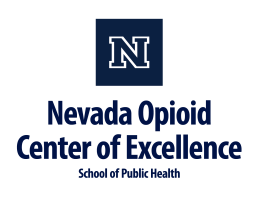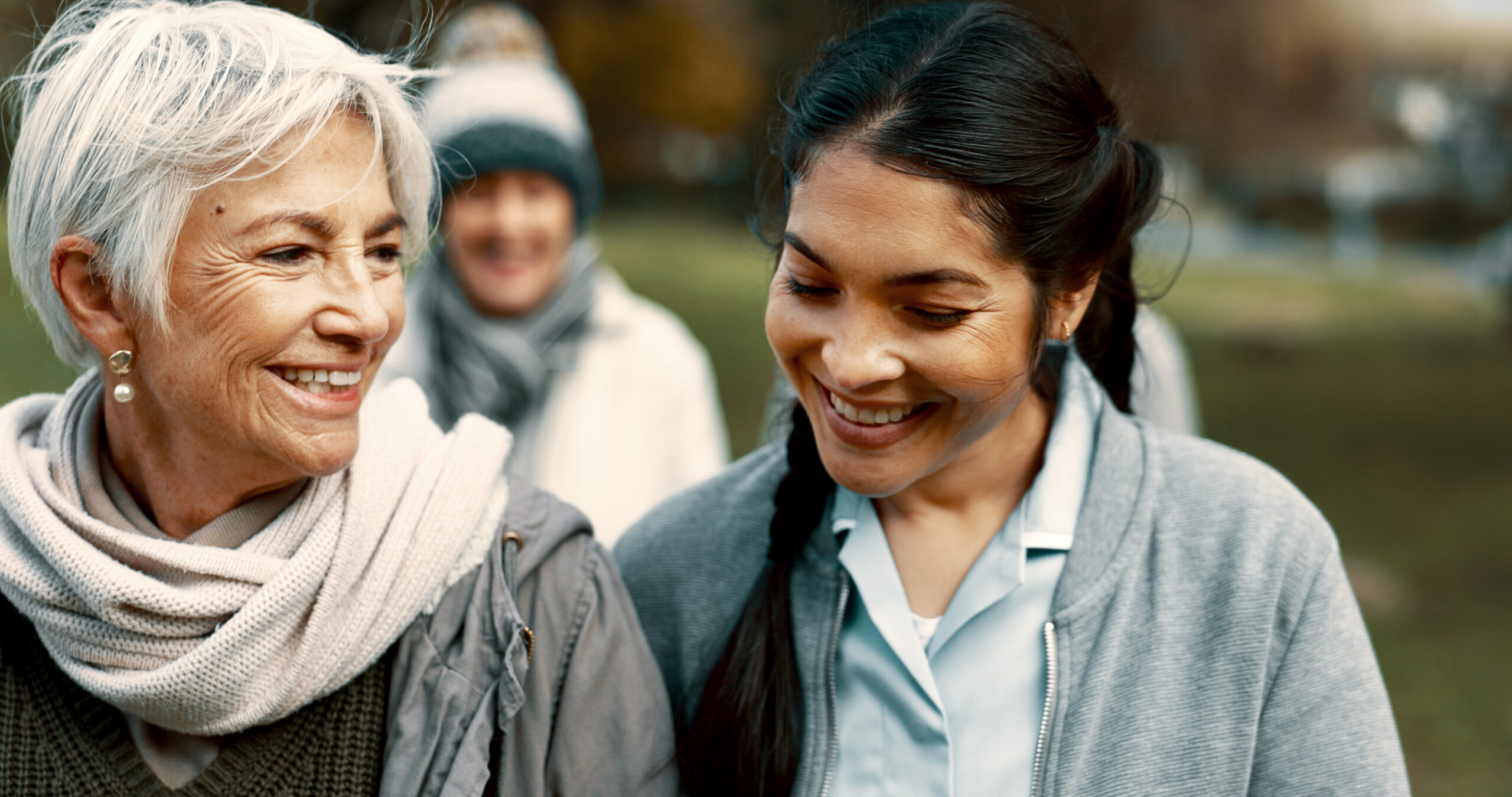Community Health Workers (CHWs) are reshaping the way Nevada responds to behavioral health and opioid use disorder (OUD). With deep ties to the communities they serve, CHWs build trust, reduce stigma, and connect people to vital services. Alisa Howard, a Las Vegas native and Owner of Minority Health Consultants (MHC), brings this work to life through advocacy, training, and on-the-ground experience. Her mission: to close gaps in care by elevating lived experience, cultural connection, and community-based support.
What is a Community Health Worker?
CHWs are trusted members of the community who serve as bridges between individuals and the health, behavioral health, and social service systems meant to support them. They provide culturally responsive education, peer-based support, and resource navigation — often drawing on lived experience to reduce stigma and improve engagement in care.
Whether supporting someone in recovery, helping a family access housing, or guiding a client through treatment options, CHWs play a critical role in building trust and improving outcomes — especially for people facing complex challenges like opioid use disorder.

A Conversation Rooted in Connection
In the latest episode of The NOCE Dose podcast, Alisa joins host Bianca D. McCall to reflect on the unique strengths CHWs bring to the behavioral health field. Through personal insight and professional experience, Alisa explores how CHWs humanize care by meeting people where they are — and staying with them throughout their journey.
“CHWs say, ‘I see you, I know you, I feel you — I am you.’ That changes everything.”
— Alisa Howard
The conversation touches on the emotional toll of recovery, the isolation that can follow substance use, and the systems that too often overlook the human element. Alisa also discusses the need for structural support — not just hiring CHWs, but fully integrating them into care teams and valuing their contributions.
🎧 Listen to the full podcast episode here
Why CHWs Matter in OUD Treatment
Community Health Workers are uniquely positioned to support people affected by opioid use disorder. Their ability to build trust, reduce stigma, and connect individuals with vital services makes them a critical part of any comprehensive response to the opioid crisis. The Nevada Opioid Needs Assessment and Statewide Plan emphasizes the importance of expanding access to culturally responsive, community-based care—especially in rural and underserved regions—and identifies CHWs as essential to those efforts. By offering peer-based support and helping people navigate complex systems, CHWs make it easier for individuals to engage in treatment and recovery services that work.
For those looking to better understand the scope and impact of CHWs in this space, Alisa Howard’s recorded presentation, The Vital Role of Community Health Workers in Behavioral Health and Opioid Use Disorder Care, offers valuable insight into how CHWs contribute to more coordinated, person-centered care. Watch the training to learn more about their responsibilities, real-world strategies, and the difference they make in behavioral health settings.
How to Become a CHW in Nevada
Community Health Workers (CHWs) play a vital role in connecting individuals with care, improving health outcomes, and strengthening trust between systems and the people they serve.

In Nevada, CHWs can earn certification through the Nevada Certification Board, which recognizes two levels:
- CHW I – for those who are new to the field
- CHW II – for individuals with prior training and hands-on experience
To become certified, applicants must complete a recognized training program, log at least 480 hours of relevant work or volunteer experience, and pass a certification exam.
🔗 Learn more and apply through the Nevada Certification Board
Final Thoughts
CHWs bring more than support — they bring lived wisdom, cultural connection, and humanity into systems that often feel impersonal. As Alisa Howard reminds us, the future of opioid use disorder care depends not just on programs, but on people willing to meet others with empathy, respect, and real understanding. Recognizing, supporting, and integrating CHWs isn’t just good practice — it’s essential to building a care system that truly sees and serves the whole person.





